Anxiety Therapy

Anxiety Therapy
Experiencing fear is a natural part of being human. Fear is advantageous because it quickly alerts us to danger and prepares us to respond. Our fear response systems protect us… until they don’t.
When we are afraid, our bodies prepare us behaviorally (e.g., fight, flight, freeze) and physiologically (e.g., increased heart rate, rapid breathing, muscle tension) to appropriately respond to threat so we can get back to being and feeling safe. We see a lion, so we run away.
While fear can be adaptive in some situations, many individuals exhibit fear responses when they are in a safe environment. We sit down to take a test, and suddenly our body is shot with fight-mode adrenaline that gets in the way of test recall. Our friend shares hurt feelings and we shut down and hide instead of doing effective conflict resolution. We hear an old song and our body is flooded with scary memories and panic right when we need to be able to drive to work. This is anxiety.
Anxiety often shows up in our relationships. It can shape the way we imagine others feel about us and the expectations they have for us. Instead of helping us avoid pain, anxiety blurs our ability to perceive others accurately. It also exhausts our energy resources. While it is natural to try to self-protect in relationships to avoid being hurt in the ways we may have been hurt in the past, overactive fear responses can keep us from connecting deeply in safe and satisfying ways with safe people. Good news: it is possible to feel more secure and comfortable with yourself and others.
Promise me you will not spend so much time treading water and trying to keep your head above the waves that you forget, truly forget, how much you have always loved to swim
How does therapy help?
Psychotherapy helps reduce anxiety symptoms and makes those symptoms less disruptive. More importantly for long term health, in therapy you will learn to listen to your anxiety symptoms, understand where they are coming from, and make use of what they are telling you. Anxiety is like the check engine light on your car, it notifies you that something needs attention. Understanding this process will empower you to choose how you respond to the sources of your anxiety.
While our tendency may be to avoid and push anxiety away, what if instead, we approached it with curiosity and compassion? It may feel hard to know where to start when struggling with anxiety. Therapy provides a safe place where you can receive support and guidance to help you regain or build the strength you know you have.
Anxiety Therapy Specialists

Chelsea Dudley, PsyD
Licensed Psychologist
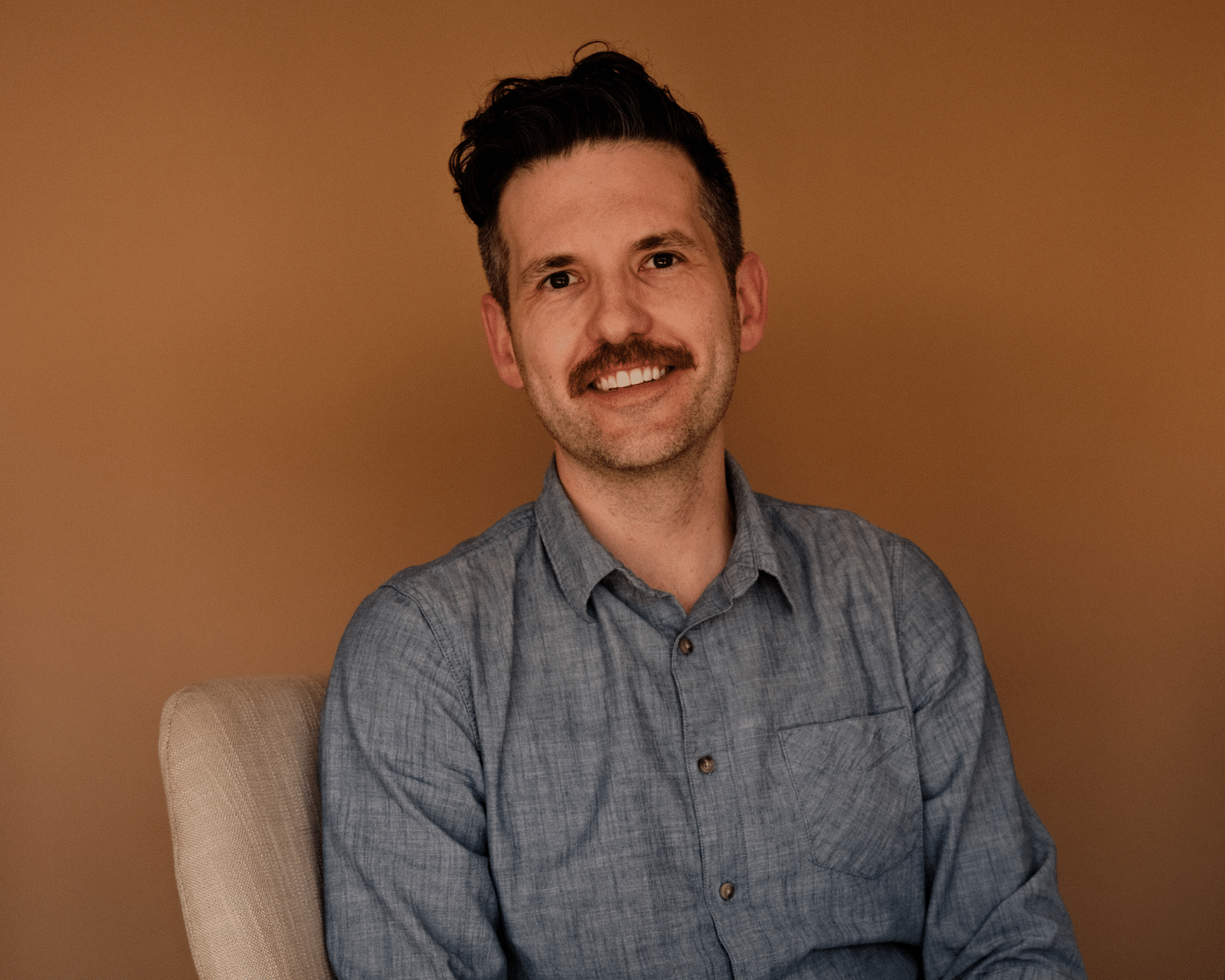
Reid Kessler, PsyD
Licensed Psychologist
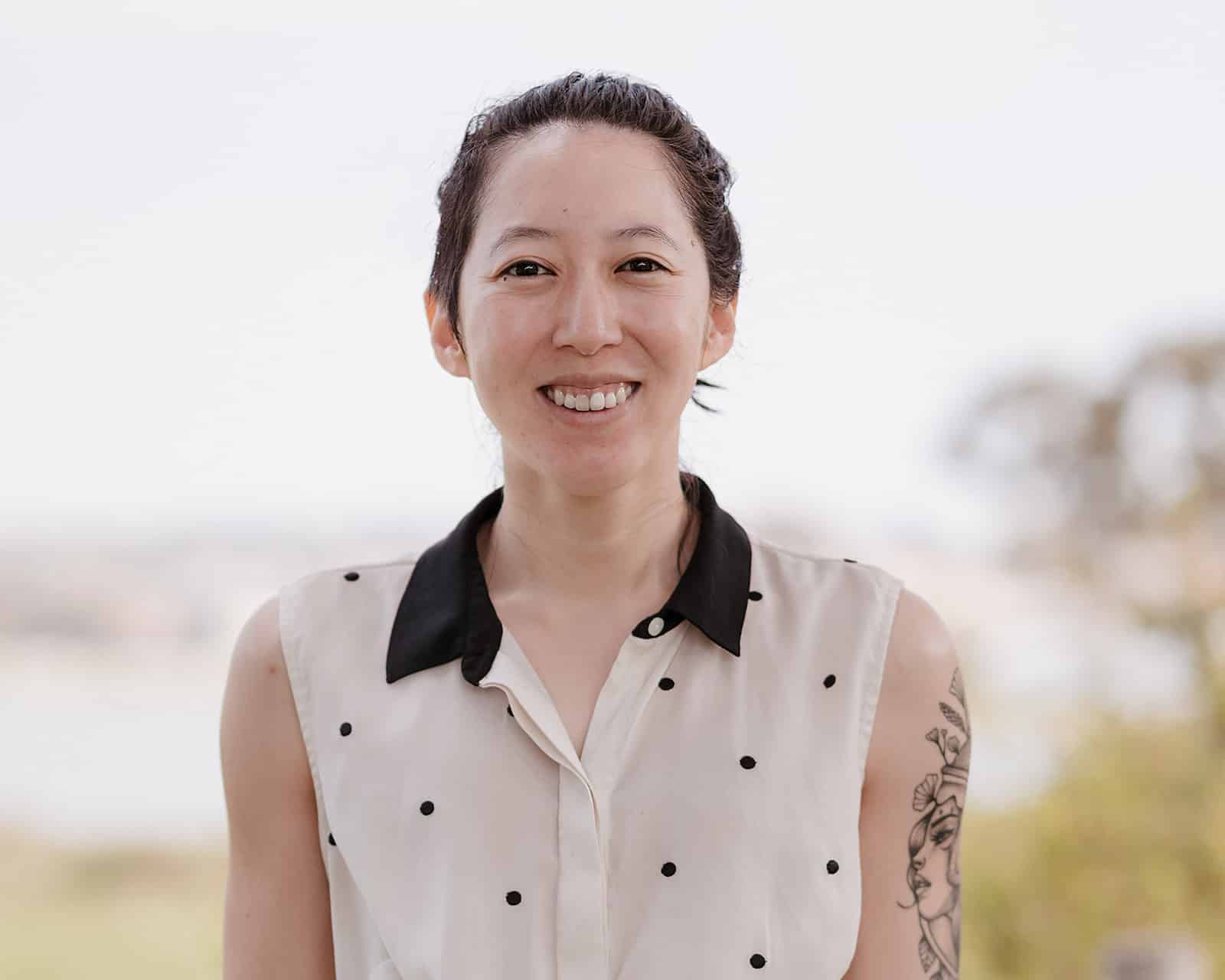
Jean Jho, PsyD
Licensed Psychologist
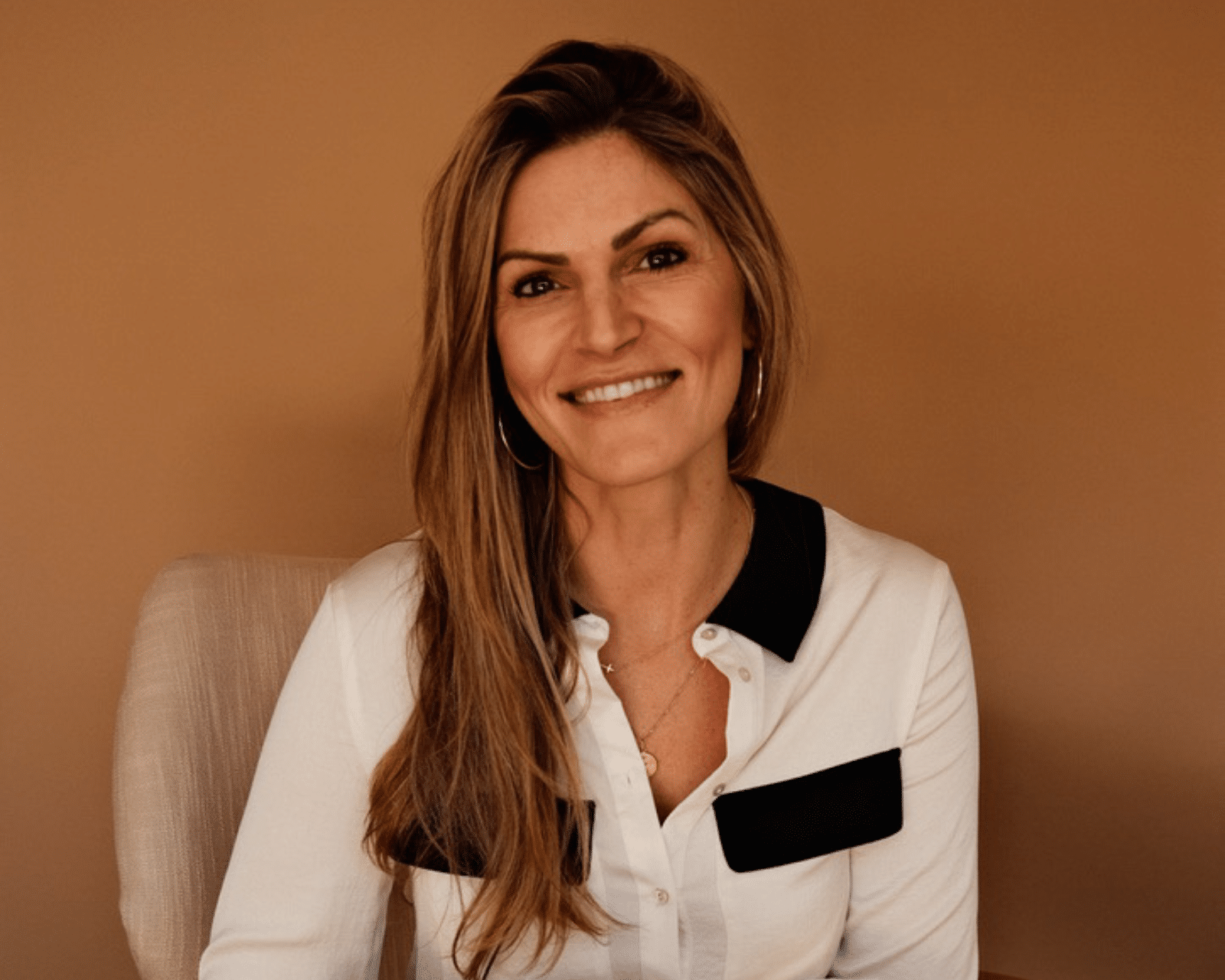
Lauren Alexa Hill, PsyD
Postdoctoral Fellow

Lisette Montañez, PsyD
Postdoctoral Fellowship Graduate
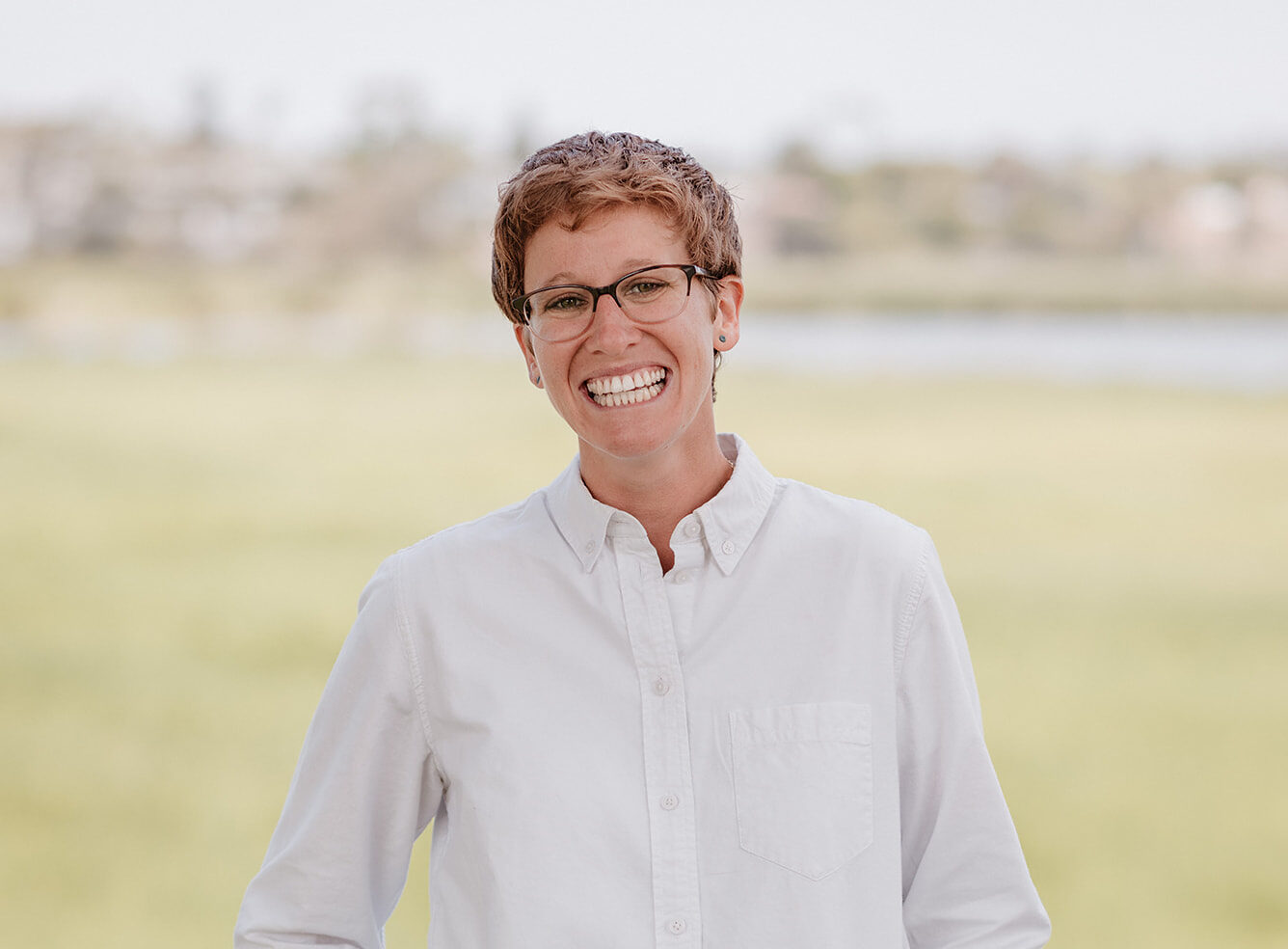
Jenna Suway, PhD
Licensed Psychologist
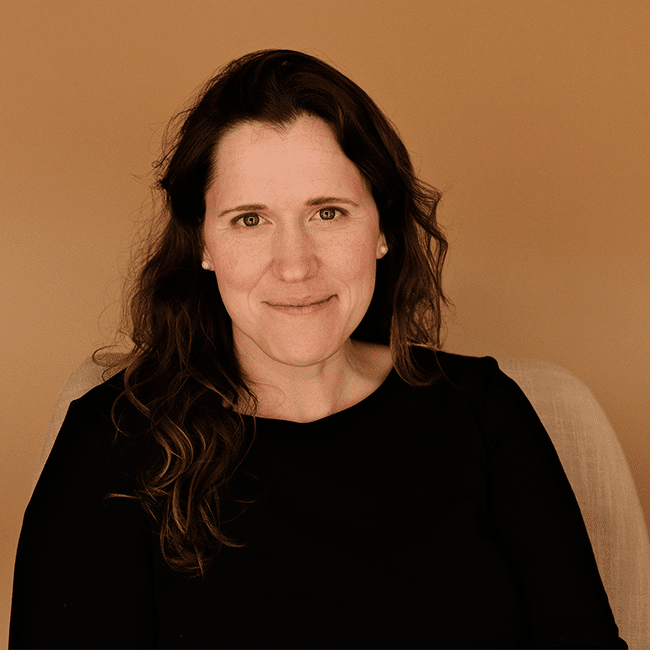
Lindsey G. Robertson, PhD
Licensed Psychologist
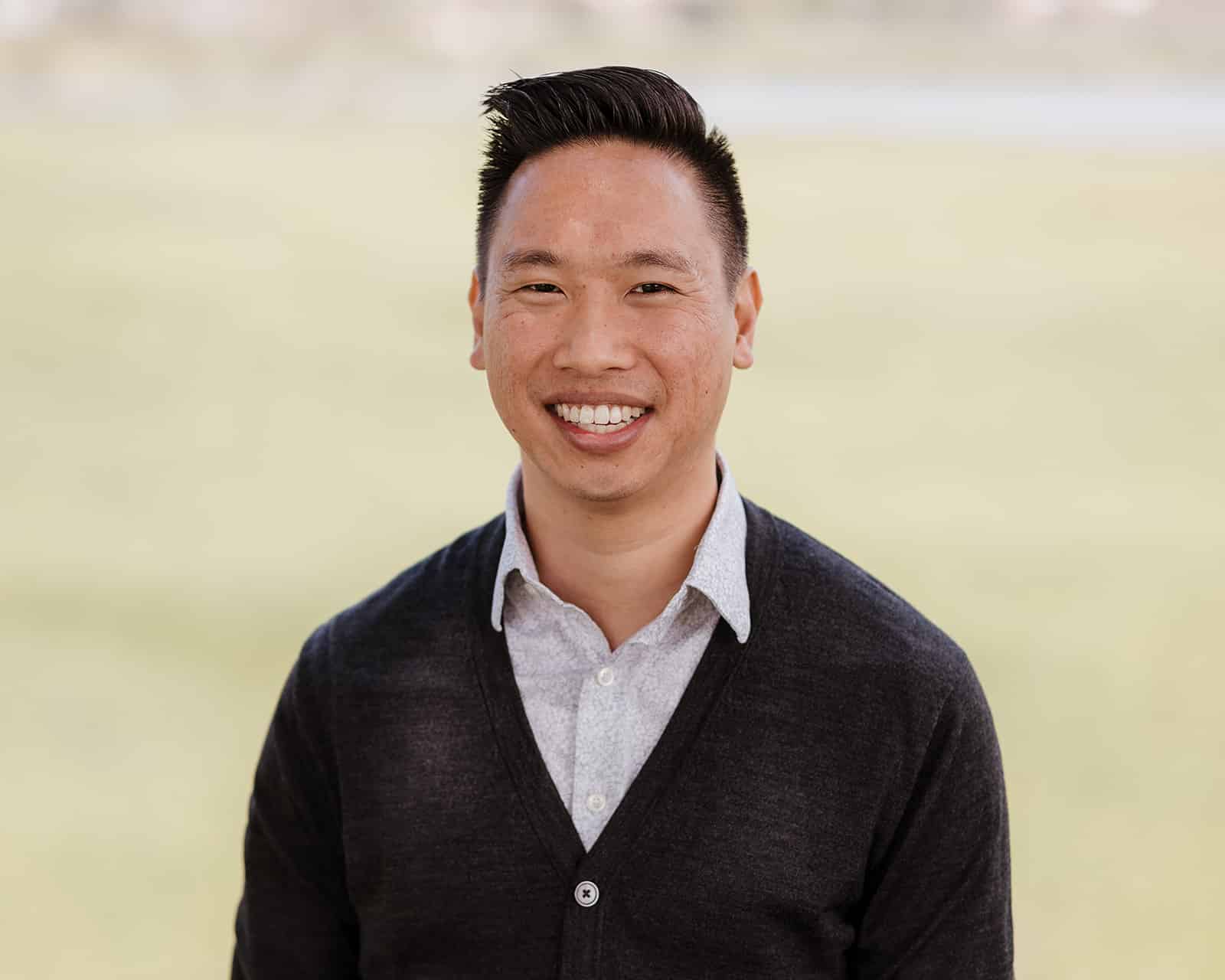
Gabriel Lowe, PhD
Licensed Psychologist
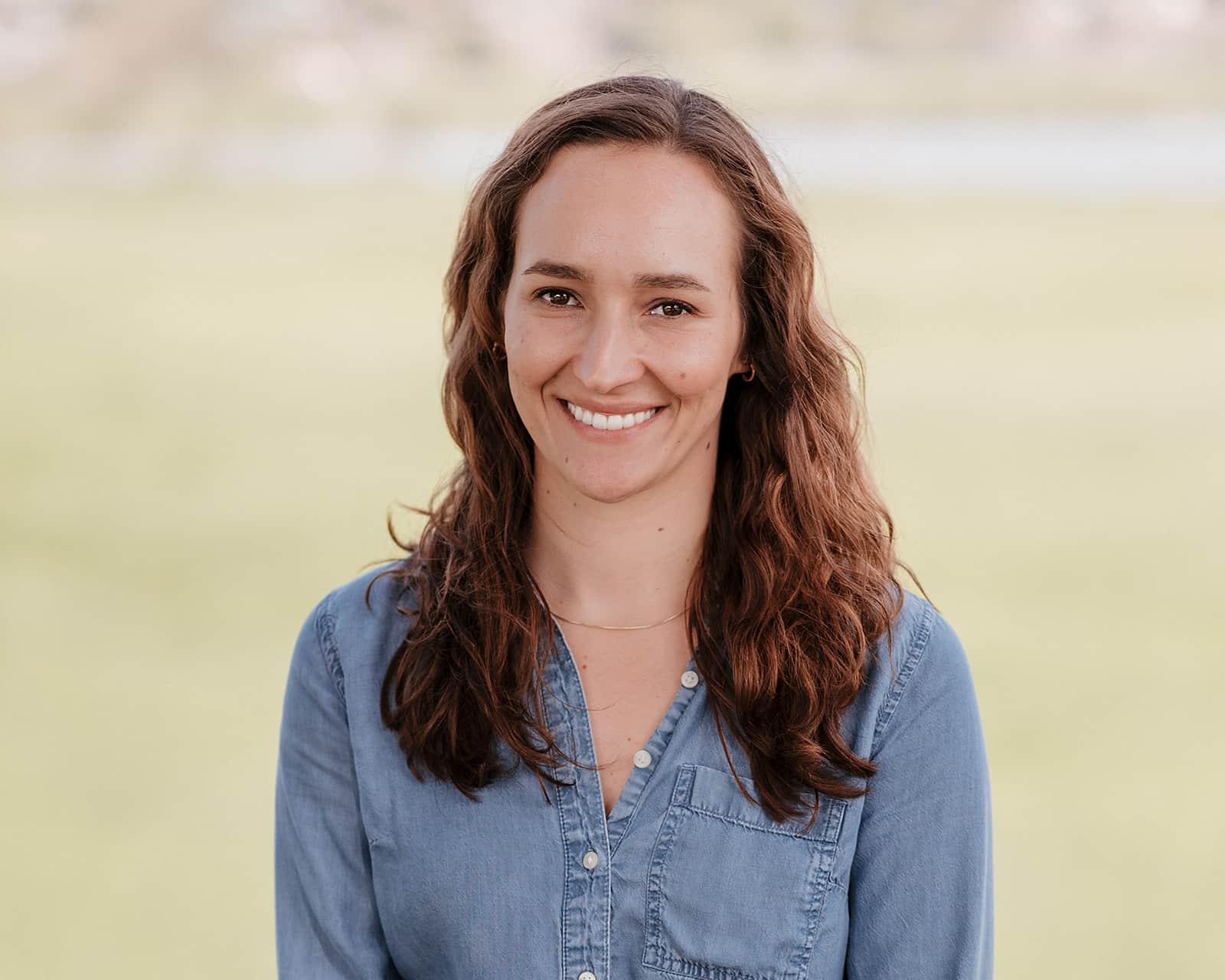
Clare Edwards, PhD
Licensed Psychologist
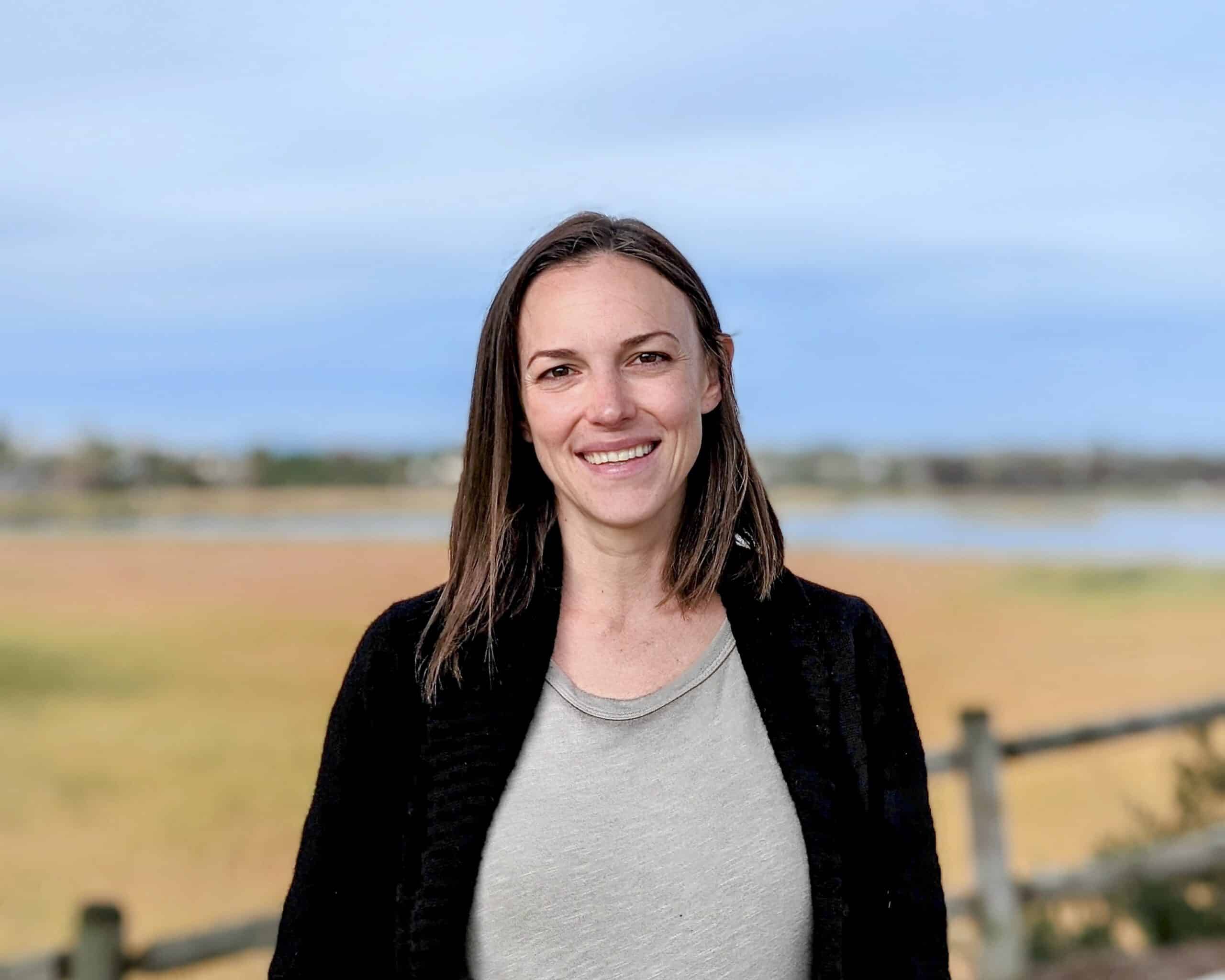
Taryn Gammon, PhD
Licensed Psychologist
Learn more or get started today.
Fill out the contact form below & our Care Coordinator will reach out to you within one business day.
